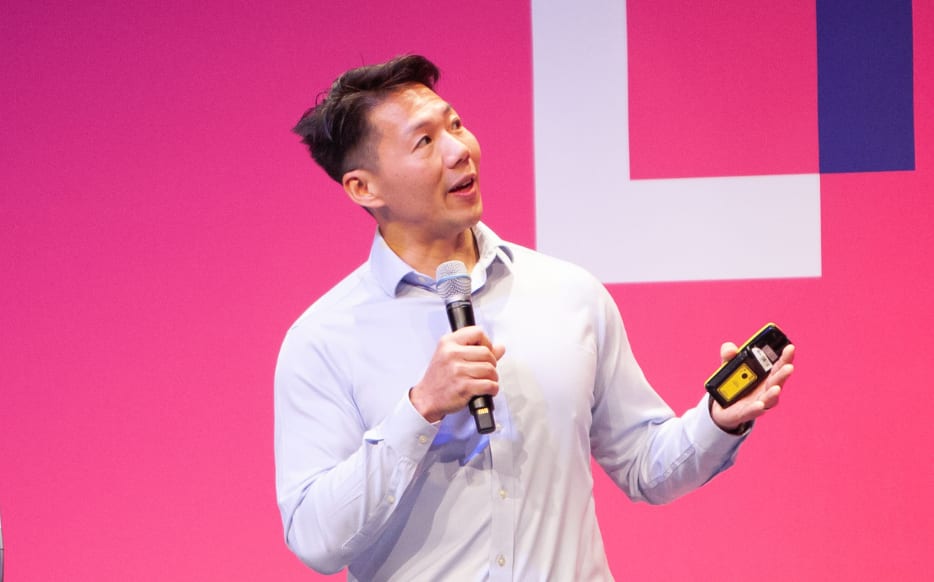Estimated reading time: 4 minutes
Are junior engineers losing touch with the fundamentals of software development in the age of AI, and is education the answer?
Your inbox, upgraded.
Receive weekly engineering insights to level up your leadership approach.
As AI tools become more prevalent in software development workflows — particularly for automating routine coding tasks — concerns are growing that junior engineers are losing touch with the fundamentals of software development.
“Rather than writing boilerplate code (which AI now handles), juniors must focus on higher-level skills like debugging, system design, and effective collaboration,” Addy Osmani wrote in a recent blog post on the topic.
While AI promises to reduce toil – a longstanding goal in engineering – this shift is raising a critical question: are junior developers learning enough to stand on their own two feet?
“Every junior dev I talk to has Copilot or Claude or GPT running 24/7,” software engineer Namanyay Goel wrote, arguing that junior dev reliance on AI tools is coming at the expense of core understanding.
While the code often works, Goel noted that many juniors can’t confidently explain how or why it works – and struggle with edge cases or unexpected behavior. He believes This points to a deeper issue: foundational knowledge is being eroded.
Jeff Watkins, chief technology officer at Create Future, echoed Goel’s sentiments. “I think this is the worry with junior developers. What happens if you come to over-rely on the AI and you don’t understand the output it’s producing?” Watkins tells LeadDev.
As a result, the industry and education institutions are rethinking what it means to train and evaluate new software talent.
More this like
Identity crisis
For junior developers to thrive, mastering AI as a skill will be essential, provided they have a solid foundation and proper training in its responsible use.
Watkins explains that the industry’s worry about junior developers losing coding skills is “nothing new.” Instead, he argues that “every generation of computing has to go up a layer of abstraction because systems are getting bigger and more complex as more of the world gets transformed into more sophisticated machines.”
From his perspective, coding skills will always be important for fundamental knowledge, but the ability to work with AI collaboratively is just as important.

November 3 & 4, 2025
LeadDev Berlin agenda is live! 🙌
He explains that the industry should see working with AI as working with a colleague. “As AI agents get more sophisticated, you work with them – and that’s an important reframe.”
A recent Create Future study found that generative AI tools can significantly speed up core software engineering tasks, but only when users know how to use them effectively.
In the first phase, participants using AI without training saw time reductions of 39% for unit test writing, 14% for code modernization, 19% for feature development, and 42% for code conversion.
However, a clear gap emerged between intuitive AI users and those who struggled. After providing brief AI training, time savings increased dramatically – up to 65% for unit test writing, 35.29% for code modernisation, 47% for feature development, and 59% for code conversion.
“It’s not just a matter of whether or not people are over-relying on the tool – which is a worry – it’s also making sure that people are trained in coding to understand the results in order to fix bugs and produce better results,” Watkins explains.
But the trap in this is when things break, and junior developers do not have the foundational knowledge to understand why.
Learn to code
In March, GitHub CEO Thomas Dohmke stressed that the next generation of engineers has “got to learn coding.”
“Every person who builds software will need to be able to maintain their own software as well. And we will continue to need professional developers to fix big problems that the everyday person can’t.”
“Instead of encouraging kids not to code, I am convinced that every country and school system should introduce universal coding classes beginning at an early age,” Dohmke explained in a recent interview with The New Stack. “Coding should be a core part of our global educational curriculum, just like literacy, math, history, physics and arts.”
Recently, more than 200 influential CEOs, including Satya Nadella of Microsoft, Arvind Krishna of IBM, and leaders from Adobe and Cognizant, signed a public letter featured in the New York Times, urging lawmakers and school boards to make computer science and AI education mandatory in K–12 schools, which spans both primary and secondary education in the United States.
Industry leaders argue that AI and programming skills will be key to future job markets, suggesting these competencies could raise wages by 8%.
Currently, only 12 states in the United States have made computer science education mandatory. The CEOs argue that the United States is “falling behind” as countries such as Brazil, China, South Korea, and Singapore have made computer science or AI education mandatory for all students.
The letter adds, “a basic foundation in computer science and AI is crucial for helping every student thrive in a technology-driven world. Without it, they risk falling behind.”
“In the age of AI, we must prepare our children for the future – to be AI creators, not just consumers,” the letter states.
“Working with AI will become more important as a skill. And that should be taught. Everybody should be taught to work [with it], taught to work together safely,” says Watkins.
“We need to shape the first generation of AI natives.”





